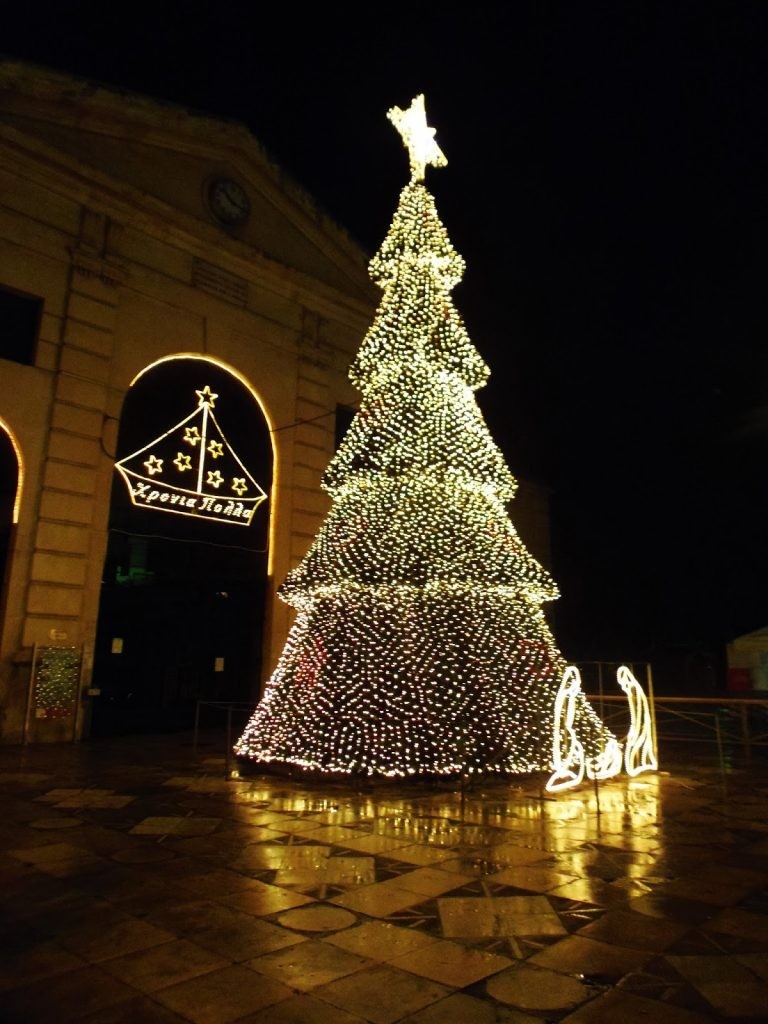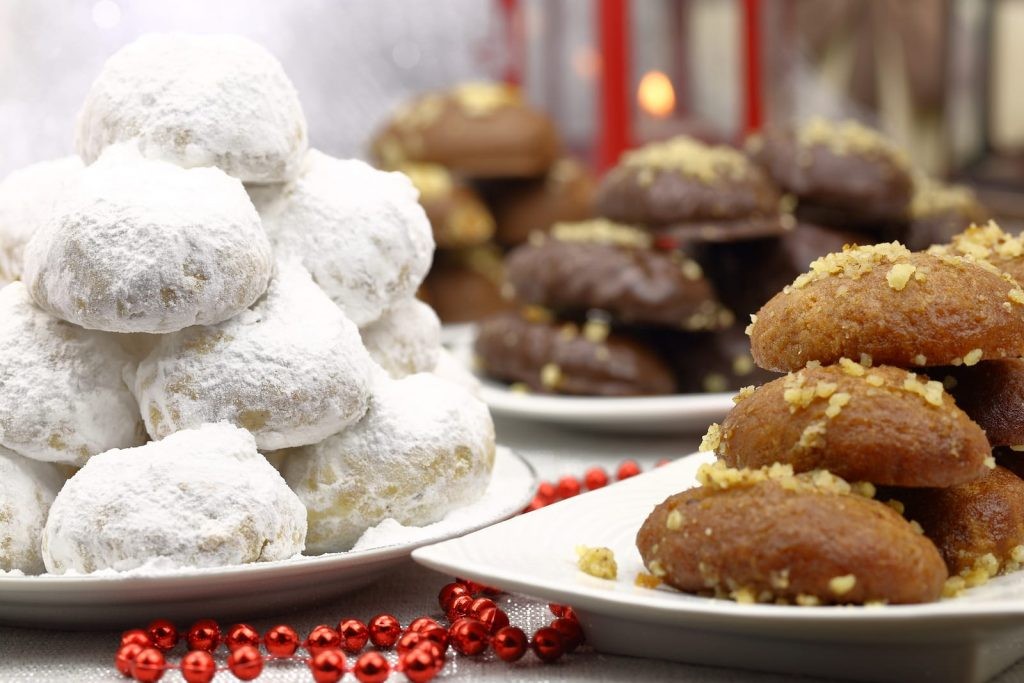Christmas in Greece
In Greece when we talk about the “holidays” we are referring to the holiday period of Christmas, New Year and Epiphany.
On December 6th, we celebrate St. Nicholas Day, the patron saint of sailors and seamen who are a large part of Crete’s livelihood. And this is also the main reason why in Crete we used to decorate a wooden ship replica rather than a Christmas tree. Of course, the Christmas tree has gradually become more and more popular, but for those who say that this is a western custom rather than a Greek one, there is evidence to show that on the first day of the new year the children of ancient Greeks used to rejoice holding decorated branches while singing the ancient ritual carol of Eiresioneoutdoors – get a chance to have a tent outdoor celebration! If it’s your birthday, you’ll get the the package partially discounted!
Traditionally the Christmas holiday period lasts 12 days in Greece. There are many customs associated with the “twelve day of Christmas,” some very old and others relatively recent, like the decorated tree and the turkey on the Christmas-day table.
Historically, in 354 A.D. it was arranged for the birth of Christ to be celebrated on December 25, the same day that they celebrated the birth of the ancient god Mithra, known as the “invincible sun god” and god of all solar deities in idolatry. With the change, and the turning of people towards other gods, the popularity of the “invincible sun god” dropped and Christ took his place.
Christmas in Greece, or “the holidays,” are not what they were 40 years ago. Over the years we notice a universal culture developing as the western European customs spread more and more change. In some cases, it caused the elimination of local customs in certain areas – even entire countries.
Today Christmas in Greece appears more impressive, glossier and more glamorous. Store windows are decorated almost a month in advance, and in the cities the streets and town squares are lit with colorful lights. Also, many people now travel either abroad or around Greece to places which offer winter holidays.
FASTING AT CHRISTMAS
In Greece, a fasting period would start almost 40 days before Christmas. While the fasting was predominately for religious reasons, many considered the period to be a healthful practice as well. The faithful would not eat any animal or its related products, i.e. meat, dairy or eggs.
CHRISTMAS PREPARATIONS
As Christmas drew near, preparations began so all would be ready for the big holiday. Houses would be cleaned with extra care, and a few days before Christmas housewives would prepare the Christmas cookies, which would be eaten on Christmas Day when the fasting ended.
In the past the honey cookies (melomakarona) were made exclusively for Christmas, while sugar cookies, or kourabiedes (kourabiethes, th as in this), were prepared for the New Year. Today, though, that distinction is not observed and both melomakarona and kourabiedes are prepared and consumed during the Christmas and New Year holidays period.



